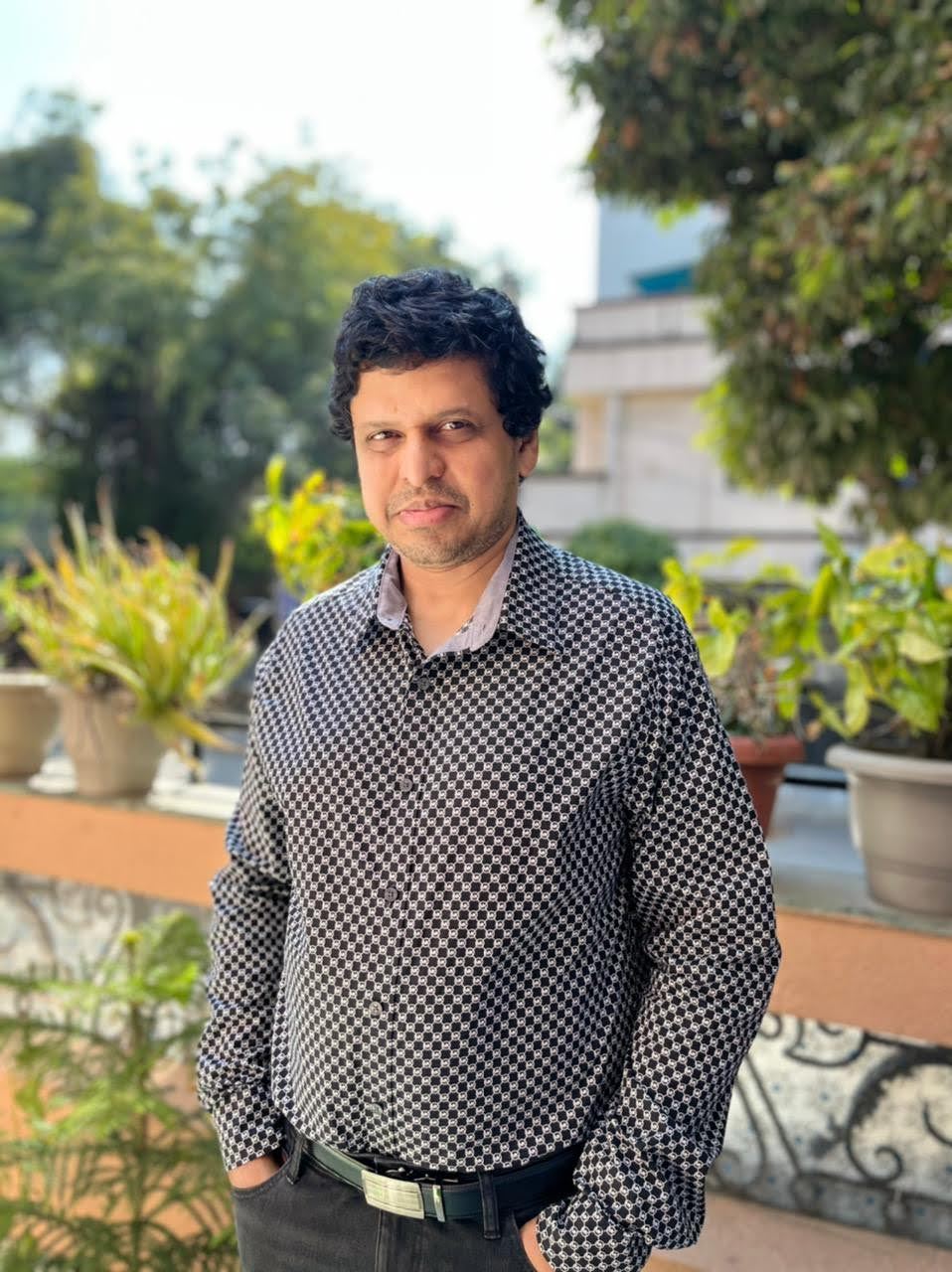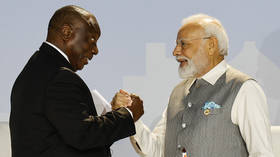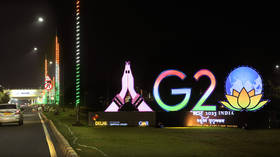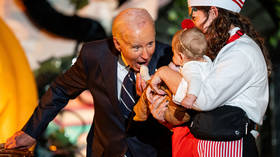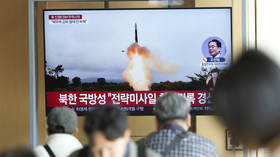In the eyes of Western media, G20 host India is still a dirty colony
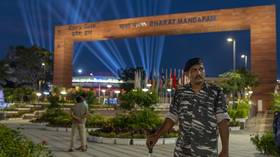
Conceits, like old habits, die hard. That is why even 19th century feudal prejudices tend to endure into 21st century surveillance capitalism, steered by Big-Tech companies. But that is no wonder, since, in American cities like Seattle, New York, Rialto or Memphis, just the sight of a black person in a white neighbourhood can trigger a frantic SOS call to the police. Anthropologists and behavioural economists have churned out papers about this phenomenon, driven by fear and suspicion. But, for some, pathological stereotyping of people – and yes, countries, too – is an irresistible wont.
How prophetic was Alexis de Tocqueville – in a figurative sense – when he wrote in Democracy in America (1835): “Sometimes man advances so quickly that the wilderness reappears behind him.”
What the privileged among homo sapiens talk about in the secrecy of their homes is no one else’s business (that falls in the P&L accounts of tech giants, the de facto spymasters). But when serious professions like journalism internalise stereotyping, it is a matter of grave concern. We need not look far: That the Western media is hardwired to view countries in the Global South as familiar strangers is conspicuous in their coverage of the two-day G20 meet in India that starts on September 9. The trope of India being a land of millions of poor and an elite superrich is ironic, because that is the default setting of most countries in the West, too. Income inequality in the West is at record highs. Does typecasting fetch more clicks or is it by design thanks to a colonial mindset? It is natural for a former coloniser like Britain to make that mistake, but what about the US, which had fought off British colonialism? Interestingly, the Americans celebrate 200 years of the Monroe Doctrine this year, a policy aimed at keeping the colonial masters of Europe at bay.
While it is par for the course for journalists to focus on the poor and the destitute and therefore report on how Indian authorities went on a ‘beautification’ drive to clear slums ahead of the G-20 summit, restricting the coverage to such negative stories alone is proof of how easy writing about non-West countries has been or still is. Indian journalists, too, have given enough space for how the organisers have faltered in handling slum dwellers and stray dogs – which was done using bow-and-arrow methods – but they have also reported on the extensive arrangements done for the Summit and how it ensured the showcasing of everything Indian, including traditional Indian art. The central government in India has even won praise for G20 summit preparations from an unlikely rival, the Aam Aadmi Party (AAP), which is in power in the state of Delhi.
Under India’s presidency this year and before it hands over the mantle to Brazil in December, 220 G-20 meetings will have taken place across 60 Indian cities in all its 28 states and eight union territories, making it a grand inclusive exercise. Of course, the event has had its share of flaws, as most of them do, but it has also earned appreciation for being human-centric and enlisting participation from large groups of people who would have otherwise never received an opportunity to be part of such global gatherings.
In fact, from the viewpoint of western nations alone, their media groups should have focused on the timing of this summit. Western economic supremacy is under threat, and there is a growing tendency among more countries than ever before following the end of the Cold War to move away from a US-centric world order. Whimsical sanctions by the West have also angered others who want to stay cohesive to take on the might of advanced countries and their agencies. G20 members do currently account for more than 80% of world GDP, 75% of global trade, and 60% of the global population, and the so-called developed countries need more cooperation from non-Western members of the forum now than they did when it was formed in 1999 following an economic crisis.
The Washington Post, for its part, has run a story on how Indian Prime Minister Narendra Modi has used the global event as a re-branding exercise. The article says, “The prime minister’s face has been plastered on billboards around the country. The message is simple: By hosting the world’s top leaders, India has arrived as a world power, with Modi as the person who took the country there. (The truth is a tad less impressive: The G20 has a year-long rotating presidency; Indonesia was last year’s host.)”
One could argue that politicians the world over use such events and occasions to hard-sell themselves to leaders of other countries and endear themselves to their voters. India has had its successful Incredible India! campaign running since the early 2000s. That’s as global as Indian campaigns get. Politicians universally are a breed of people who invariably rise to the occasion, be it a global conclave or a natural tragedy. Pomp and show come with the job description. So why begrudge it?
Just as India has a problem of poverty amidst plenty, videos highlighting homelessness in the Silicon Valley area and elsewhere and rampant drug addiction across American cities show graver problems at hand in the advanced world. Most cities in Europe are grappling with immigration and job losses. Cost of living crises in the continent have led to the growth of majoritarian politics and concomitant difficulties.
To be sure, India isn’t new to any of this. In 1927, when American historian and researcher Katherine Mayo published a book titled Mother India after travelling across India, meeting the rich and the poor alike, it created an uproar in the India of the time. Even now when one reads it, the contempt the writer displays for India and its culture would make any Indian shiver in revulsion. It was a time when India was going through extraordinary political upheavals amidst resistance against British rule. Which was why Mahatma Gandhi commented, “It (Mayo’s book) is the report of a drain inspector sent out with the one purpose of opening and examining the drains of the country to be reported upon, or to give a graphic description of the stench exuded by the opened drains.”
India has changed drastically since then, as has the geopolitical landscape. What the world expects from reporters and researchers is certainly not underreporting of hardships, but a bit of fairness. Pigeonholing societies as either good or bad is easier, but it is a lazy man’s way to professional glory. At a time when the working classes of the West – from medical workers to Hollywood writers – are complaining of exploitative working conditions and low pay, focusing condescendingly only on the poverty and political ambitions of leaders of the developing world is hardcore duplicity.
The statements, views and opinions expressed in this column are solely those of the author and do not necessarily represent those of RT.
